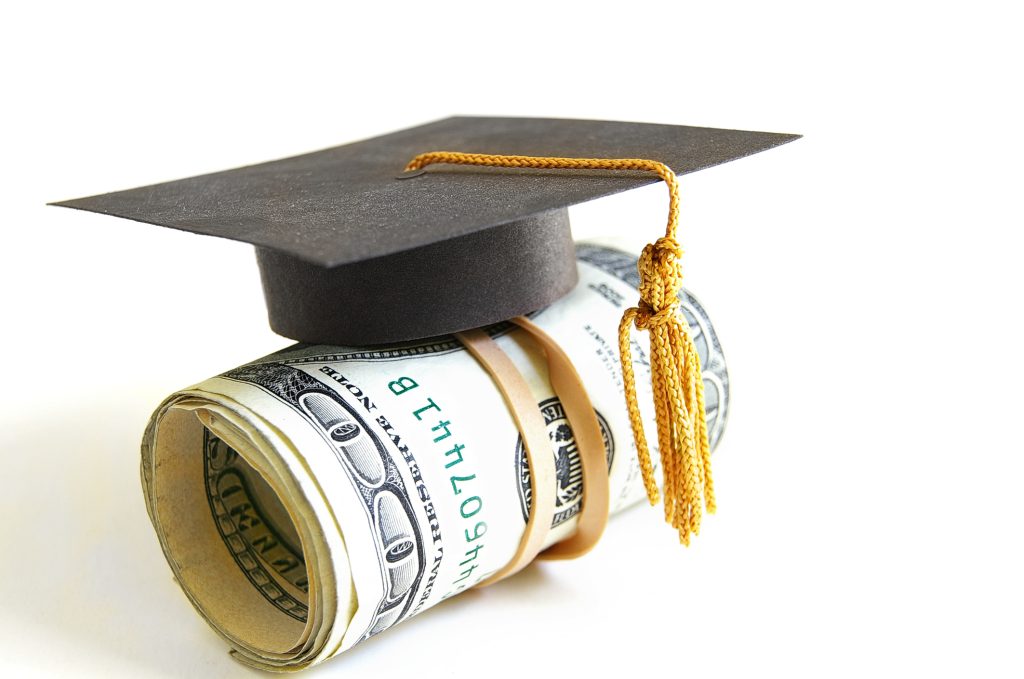As of 2024, total student loan debt in the U.S. has reached $1.75 trillion in total student loan debt, including federal and private loans. The average student borrower graduates with about $29,000 in student loans on average. The number of college students taking out loans has tripled in just the last decade. Yet most students graduate either unemployed or underemployed, and repayment of these loans can be difficult, if not impossible. So will unpaid student loans affect your credit score?

Student lenders religiously report unpaid student loans to credit bureaus
Most student lenders report monthly — every month — to credit bureaus. Your personal payment history accounts for 35 percent of your credit score. Federal student lenders report payment history to credit bureaus monthly and without fail. Most private lenders also report to credit bureaus monthly, while others report every three or four months.
While on-time monthly payments to your student loans will improve your credit, missed or late payments will ding your credit. Student loan default invariably results in a lower credit score. In the eyes of the credit bureaus, unpaid student loans negatively reflect on your creditworthiness.
What if I can’t pay my student loans?
If you make income insufficient to pay your scheduled monthly student loan payments, you likely have options. Contact your lender and see what possible programs you may be qualified for, including deferment or forbearance.
Federal loans also have income-driven repayment programs available, including income-based repayment, PAYE, REPAYE, and income-contingent repayment.
Chapter 13 bankruptcy can help you get your student loans back on track
If no lender repayment program works for you, consider Chapter 13 bankruptcy to get your student loans back on track. You generally cannot discharge student loans in bankruptcy. You can, however, repay your student loans in Chapter 13 bankruptcy, often at a greater percentage than what other unsecured creditors receive.
Once you have a repayment plan in place, your creditors will be paid monthly and your balances will begin to decrease. Consequently, your credit score will improve. Addressing your debts, instead of ignoring them, will always have a more positive effect on your credit score.
